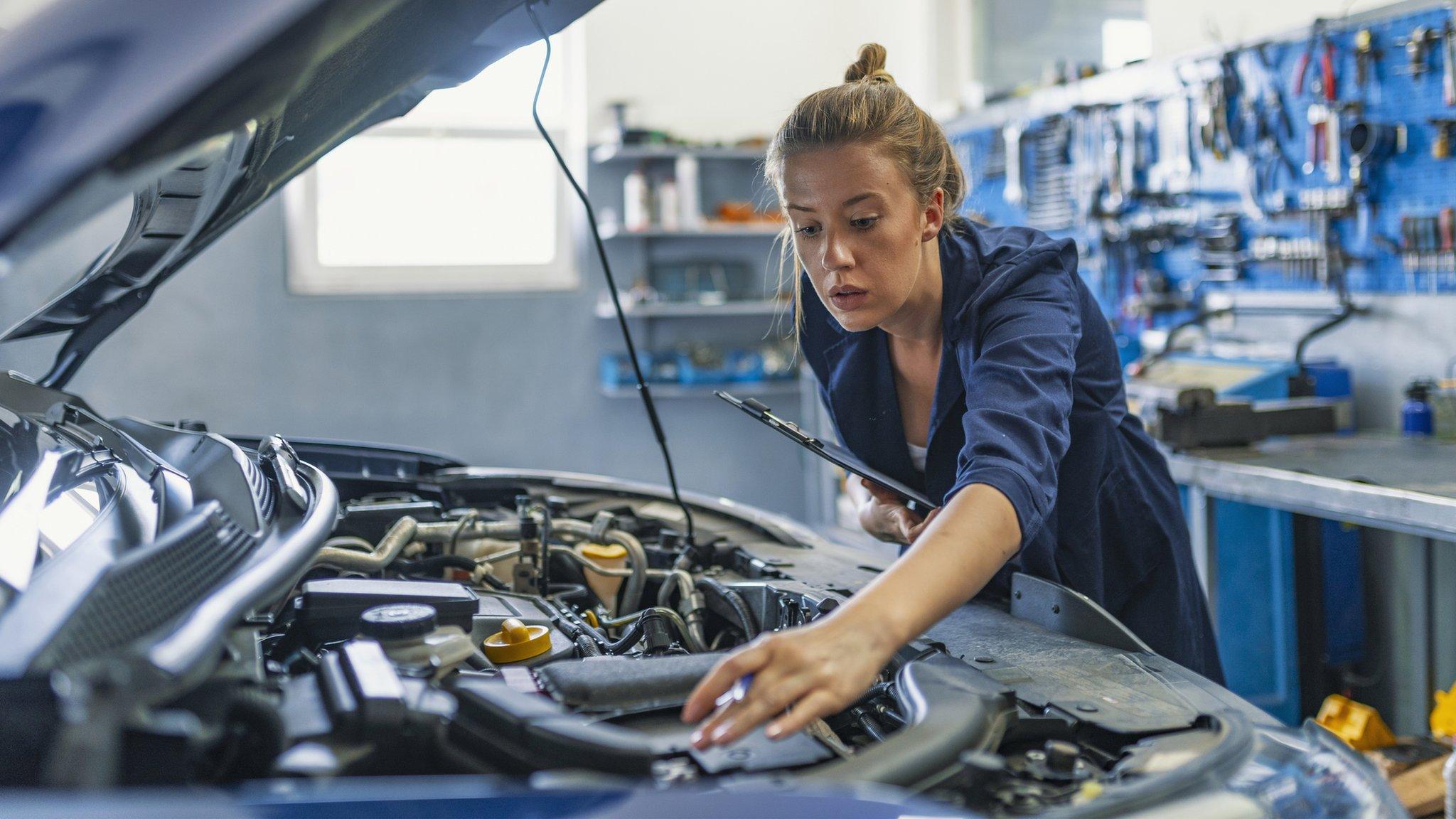'Generation Covid' hit hard by the pandemic, research reveals
- Published
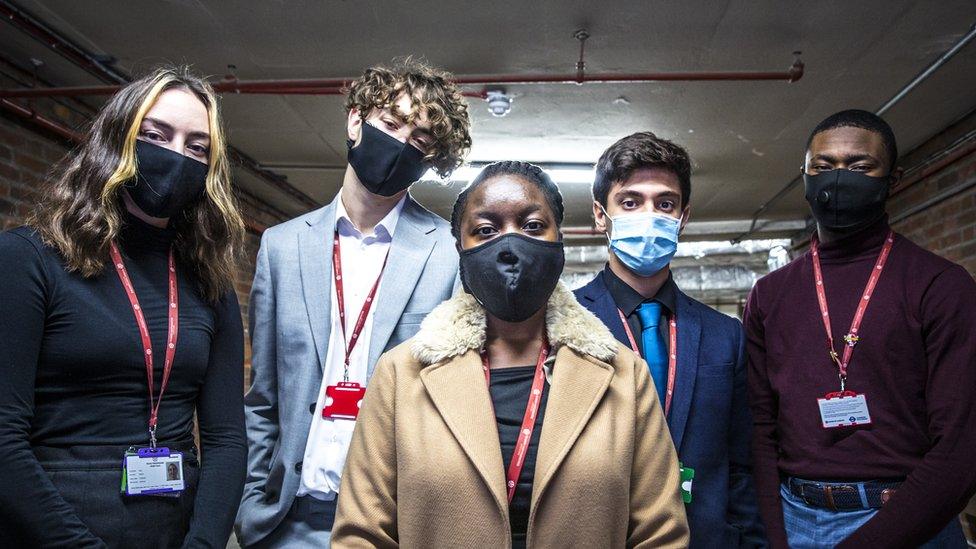
Young people, particularly those from deprived backgrounds, have had their earnings and job prospects hit hardest by the coronavirus pandemic, adding to fears for the long-term impact on their futures.
BBC Panorama found people aged 16-25 were more than twice as likely as older workers to have lost their job, while six in 10 saw their earnings fall, according to new research.
It also highlighted the impact of school closures on young people and added to growing evidence that students from poorer backgrounds have fallen behind their more privileged peers.
A quarter of pupils - some 2.5 million children - had no schooling or tutoring during lockdown, the survey by the London School of Economics (LSE) suggests.
But, the study adds, nearly three quarters of private school pupils had full days of teaching (74%) - almost twice the proportion of state school pupils (38%).
The study's authors warn it could lead to poorer pupils suffering "permanent 'educational scarring'" when it comes to key academic milestones such as exams and securing a university place.
'Lockdown did so much damage'
Sixteen-year-old Roberta, who was working towards her GCSEs when lockdown came, says she did not get the "closure" of taking her exams and got no education or support from her school in the six months of lockdown.
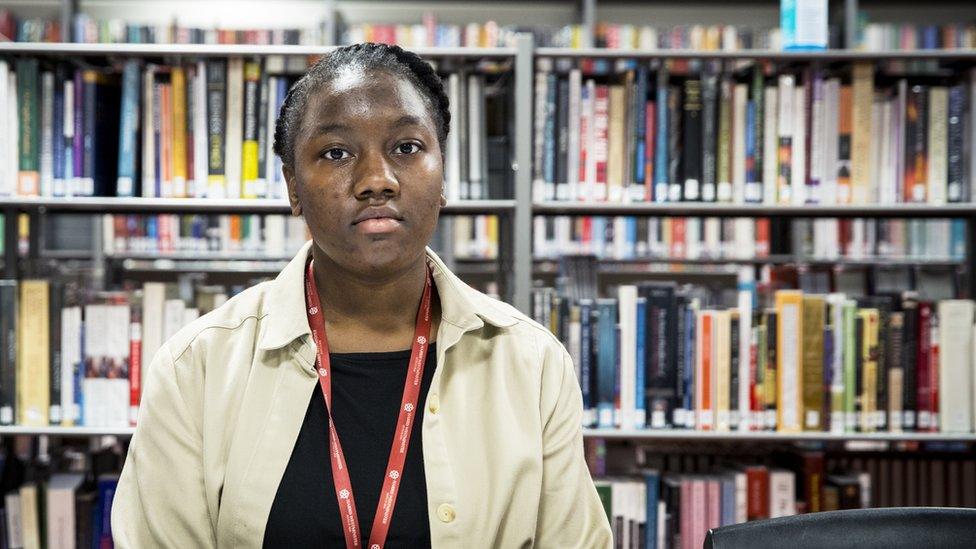
Roberta says it has been a struggle to keep up with her peers from privately educated backgrounds
In September, she started at a new, highly competitive school in London - the Harris Westminster sixth form - which aims to provide a "life-changing education" for bright but disadvantaged students.
"That break of six months did so much damage," she says. "Usually I'd be able to be sitting for hours and be able to revise and really absorb it in my mind.
"Now I get kind of restless after one or two hours."
Out of the 325 students in Roberta's year group, a third are from deprived backgrounds and 20 were previously privately educated.
Although Roberta is now back in the classroom and adapting to life in Year 12, she says it has been "stressful" trying to keep up with her peers from privately educated backgrounds.
"I think coming into this school, I didn't realise the disparity would be this big in the classroom. There are people that don't know anything and people that know almost the whole content.
"You can tell who will do well in their A-levels, and who isn't. And where will I be?"
And even though schools like Roberta's are doing their best to make sure their students don't miss out, four in 10 pupils across the UK are still not getting the same number of teaching hours as they did before lockdown.
'This traineeship is worth everything'
Rasheed Graham from north-west London also feels his future is now hanging in the balance due to Covid-19.
The 23-year-old had secured a place on a fully-funded pilot's training course, before the coronavirus outbreak brought it to a halt.
Rasheed lost his fully funded place on a pilots training course due to the pandemic
Rasheed was told the flying school was closing and the airline could not afford to fund the training anymore.
In order to continue, he needs to find £60,000 to cover the costs.
"This is why the cadetship is worth its weight in gold, because if you don't come from wealth or money, it gives you the opportunity to pursue a career as a pilot if you didn't have the means before," he told Panorama.
Rasheed is trying to crowd fund the money to pay for his course and has raised almost £22,000 so far.
"This could work out or it couldn't. I've actually accepted both eventualities," he says. "But I'd rather look back and realise that I'd tried to do something to return to flight training than sit back, and let the opportunity go by."
'Massive increase in anxiety'
Unsurprisingly, the upheaval and uncertainty created by the pandemic has also taken a toll on young people's mental health.
Research conducted by the Samaritans and the University of Glasgow found young adults (18-29 years) were more likely to report depressive symptoms and suicidal thoughts than older people.
Kiylee White-Lee, assistant principal at Harris Westminster sixth form told Panorama: "We've seen a massive increase in students with anxiety and not just anxiety about the future, but having things like sensory overload of being back in a situation where you're surrounded by people.
"We've seen a big increase in students with eating disorders this year. And increase in depression as well. So, we've had to, where possible, direct them to the nursing and the counselling, but within the first two weeks, those two things were completely saturated, pretty much," she said.
"Schools will still go on educating young people. That's what we're here to do but we're not in the bedroom with them, checking in on them, checking that they're okay, checking that there's somebody at home looking after them.
"It's hard to switch off from that. How do you switch off from worrying about 600 students that you know need you?"
The Department for Education said it is giving every school more money and has provided £58m to help schools with the extra costs of Covid while the Department for Work and Pensions said its plan for jobs focuses on supporting people in need. It includes the Kickstart scheme, offering the minimum wage for six months work experience, and an investment in apprenticeships, traineeships and work coaches.
With coronavirus cases rising and London now under England's "high" tier two restrictions, Roberta's future feels even more uncertain - but she is still hopeful.
"I don't know how the future's going to pan out but perhaps society can come out better than we were before," she says.
Watch BBC Panorama: Has Covid Stolen My Future? on Monday 26 October on BBC One at 19:30 GMT or afterwards on the BBC iPlayer.
- Published21 October 2020
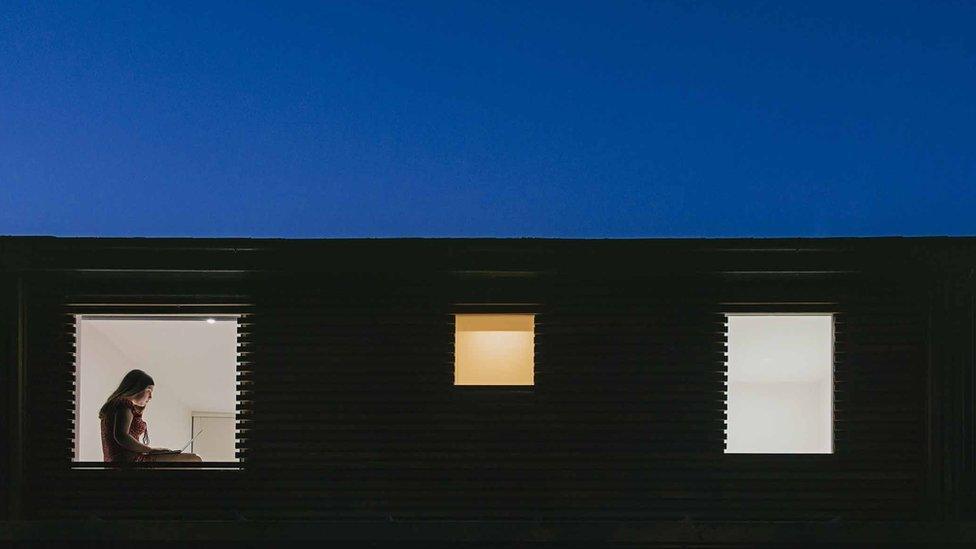
- Published29 September 2020
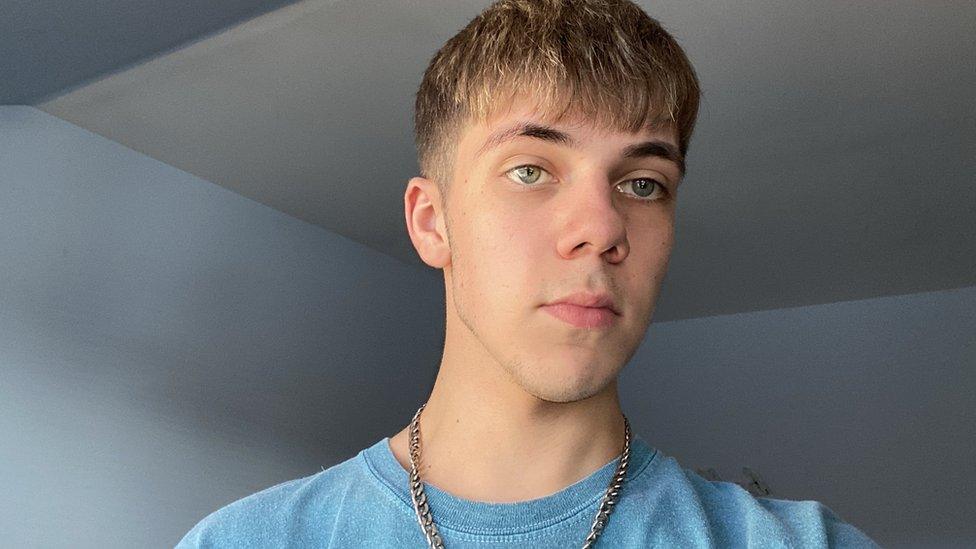
- Published10 October 2020
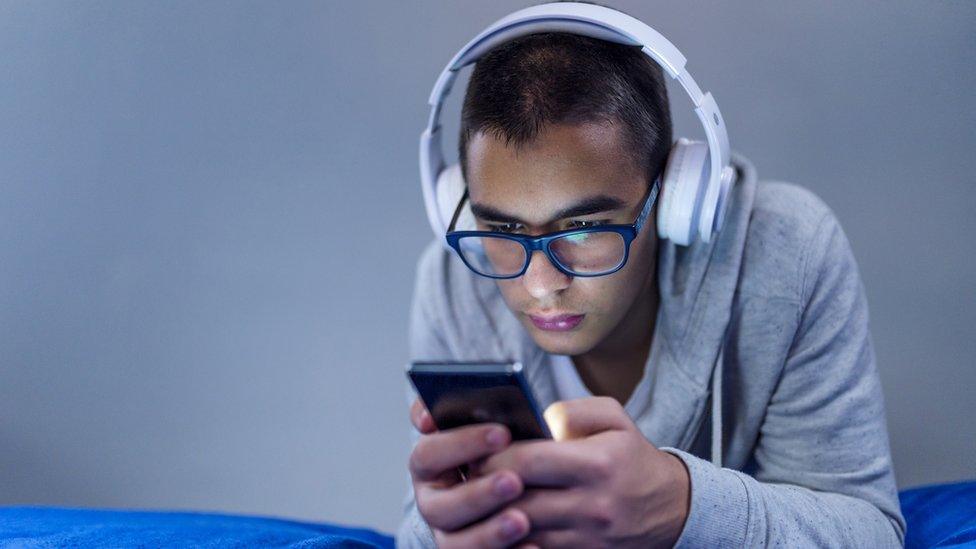
- Published19 May 2020
